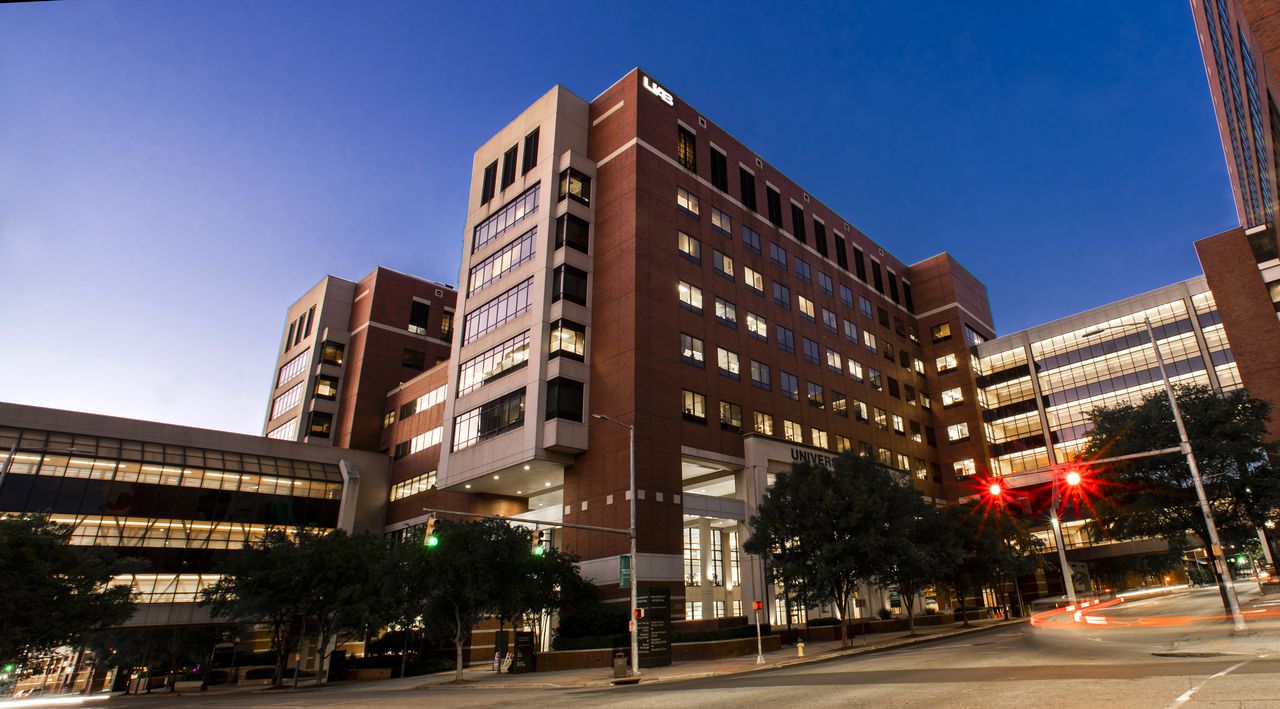Alabama hospital launches special clinic for ALS
Officials at the University of Alabama at Birmingham announced the opening last month of a clinic for people with the neurological disease ALS that will allow them to see eight specialists in one visit.
The ALS clinic already has 150 patients and expects to add about 30 a year. Amyotrophic lateral sclerosis – sometimes known as Lou Gehrig’s Disease – affects the nerve cells that control voluntary muscles. Patients lose the ability to move, chew and talk. The disease is always fatal.
The new clinic, which is supported by a grant from the Alabama Department of Commerce Innovation Fund, will see patients once every three months. They can see a neurologist, physical, occupational and speech therapists, dietitian, psychologist, social worker and respiratory therapist at one visit for a single co-pay.
“The opportunity for patients to see all of their ALS care providers at one visit is a significant benefit,” said clinic co-director Dr. Mohamed Kazamel, associate professor in the Department of Neurology at the UAB Heersink School of Medicine, in a press release. “Besides convenience and peace of mind for the patient, it allows the care team to work together to build a comprehensive care program for each patient paired with frequent follow-up.”
About 30,000 people live with ALS in the United States, according to the U.S. Centers for Disease Control and Prevention. Most are diagnosed between ages 55 and 75.
The FDA has approved three drugs to slow the symptoms, including one that can increase lifespan from three to six months. Last year, UAB officials announced they would be enrolling patients in a trial for a new drug that has shown promising results.
The new ALS clinic plans to hire a staff member to help connect patients to studies of experimental drugs.
“Beyond expanding our clinical services, the Alabama Innovation Fund grant will allow us to hire an ALS clinical trials coordinator so that we can initiate and participate in national or international clinical trials that shed new light on the disease and may lead to new knowledge about ALS that can point us toward treatments or even a cure,” said Dr. Nan Jiang, associate professor of neurology and co-director of the clinic, in a press release.
The clinic is open to patients across Alabama, including Venus Richardson of Mobile.
“If I have questions or need any information on medications, symptoms, or just questions about diet or lifestyle, they are there to help,” Richardson said in a press release. “I think God handpicked the perfect team for me. They take their time to talk to me and listen to me. They don’t just hear me; they listen.”
